Fundamentals of Particle Science and Technology
January 24, 25 and 26, 2024

About Fundamentals of Science and Technology
Particle and powder processing is ubiquitous in the manufacturing industries. It is estimated that at least 80% of chemical processes use or produce particulate matter in one or more steps, and this fraction rises to closer to 100% in the pharmaceutical, materials, food, and agricultural industries. Even in the petrochemical industry, solids processing is significant. For this reason, most practicing engineers in these and ancillary fields will design, analyze, and troubleshoot particle processes sometime in their career.
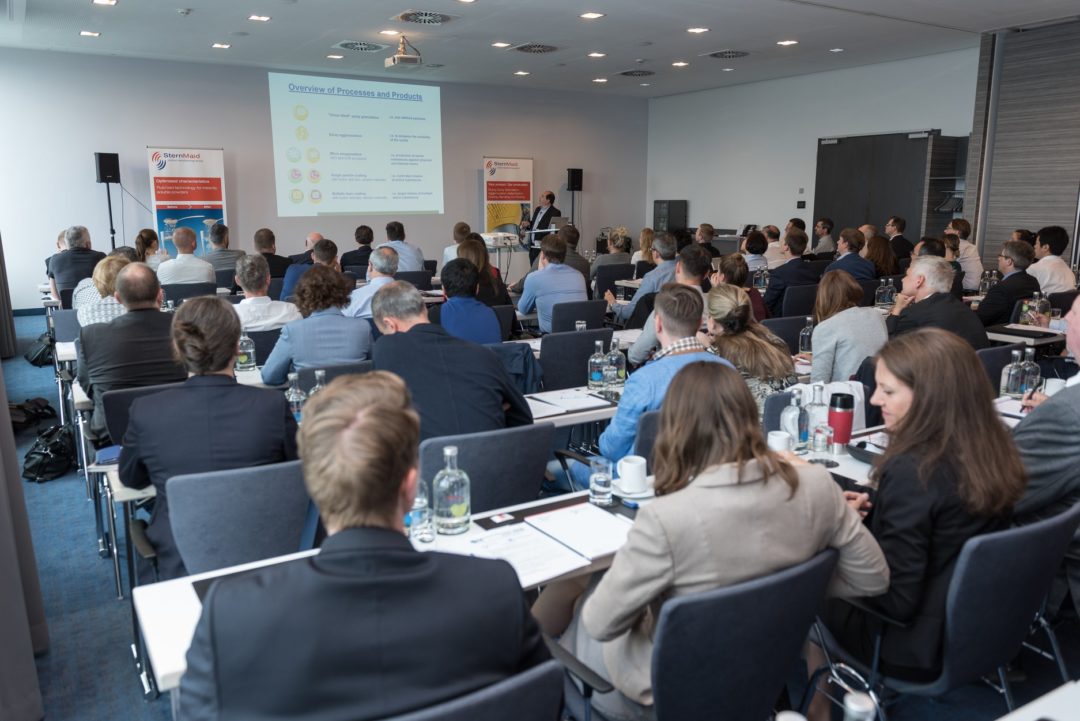
Reasons to attend
Paradoxically, particle science is not a significant part of most engineering curricula, and it is not uncommon for new hires in R&D, manufacturing, and technical services to have little or no academic background in the subject, forcing them to learn it on the job. This certainly is the experience of the instructors of this short course.
The course is a primer in particle science that focuses on the fundamental physics and chemistry that control the properties of particles and powders and how they behave and transform in manufacturing and use.
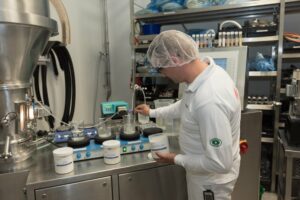
Technical Content
Rather than surveying the myriad of unit operations that make up particle technology, we describe the phenomena that happen in these processes. Our focus is on the underlying physics and chemistry: what are the controlling material and process variables, and how do processes like powder flow, particle growth and breakage, and particle fluidization scale with these variables?
The course has been developed for scientists and engineers who have completed at least a first degree in college. We assume familiarity with college-level math, physics, and chemistry.
Featured Talks & Speakers
We've assembled a team of top-notch particle science experts who are poised to deliver comprehensive scientific and technical insights into the behavior of particles across various settings, as well as techniques for forecasting their behavior within real-world industrial contexts.
.
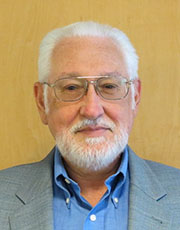
Dr. Bert Diemer,
Professor,
Chemical & Biomolecular Engineering
University of Delaware, USA
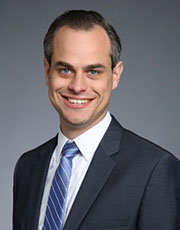
Dr. Ben Freireich,
Technical Director,
Particulate Solids Research, Inc. (PSRI)
USA

Dr. Karl Jacob, Lecturer,
Chemical Engineering
University of Michigan
USA
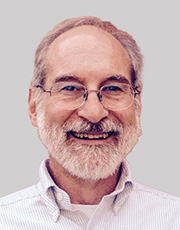
Dr. James N. Michaels,
Vice President
International Fine
Particle Research Institute,
USA
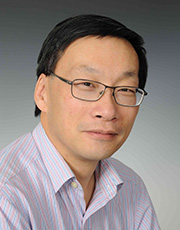
Dr. Wilson Poon,
Professor
School of Physics & Astronomy,
The University of Edinburgh,
Scotland
Register Now!
The registration fee includes PDF presentation files, as well as coffee and tea breaks, and lunch throughout the duration of the short course.